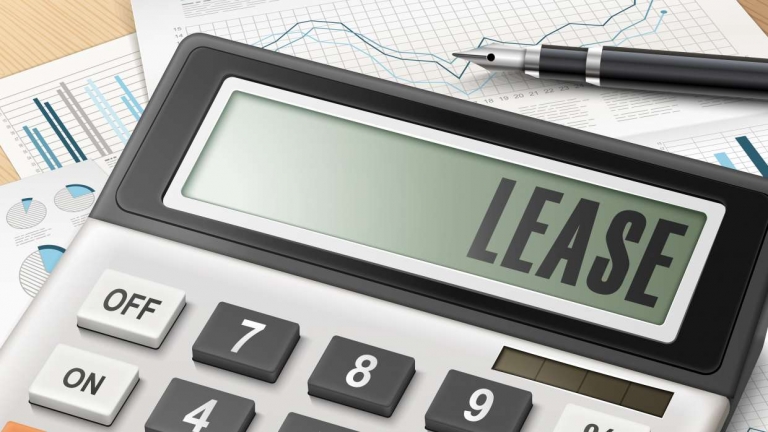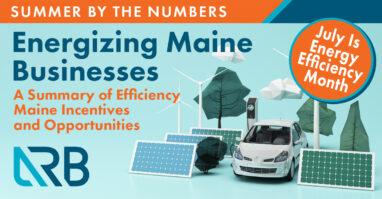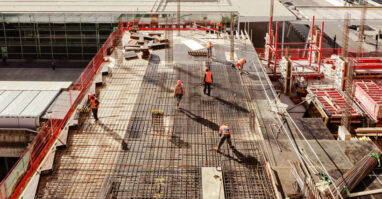Companies of all sizes and across all industries are currently scrambling to prepare for a new era. Guidelines imposed by the Financial Accounting Standards Board (FASB) are changing the way that businesses handle both revenue recognition and lease accounting, even before the effective dates for the new standards.
Construction and real estate businesses can expect a tricky transition as they change the way certain accounting processes are handled. If your company hasn’t start preparations yet, it’s time to mobilize.
Revenue Recognition
Although many companies aren’t ready, we’ve had a long time to prepare for the coming revenue recognition change. The FASB and the International Accounting Standards Board (IASB) announced the new policy in 2014, which is designed to standardize the way businesses report and account for revenue. Until now, each industry has been free to set its own Generally Accepted Accounting Principles (GAAP).
The new standard applied to public companies starting in December 2017. Nonpublic companies are expected to use the new standard for annual reporting periods starting on December 15, 2018 and for interim reporting periods starting on December 15, 2019.
Essentially, the standard’s goal is to make organizations across all industries account for their revenues in the same way. Standardizing revenue practices gives investors an accurate picture of a company’s performance. To do that, the FASB expects businesses to follow a five-step revenue recognition process.
- Identify the contract with a customer. Contracts may be written or oral. Construction and real estate businesses can expect to see more engineering and construction contracts being combined.
- Identify the performance obligations/promises in the contract.
- Determine the transaction price, or the amount that the contractor expects to be paid for providing all the services laid out in the contract. The transaction price might include variable consideration like incentives and penalties. Contracts that include variable consideration may need to be updated during the contract period.
- Allocate the transaction price to the obligations in the contract based on the standalone price, or the a la carte price that the contractor would charge a customer for that work or good on its own.
- Recognize revenue once the company satisfies its obligations and the customer takes ownership and/or otherwise obtains control of the provided goods and services.
Adhering to the new standard might require changes to the way a construction or real estate business manages inventory, budgets for legal services and approaches other accounting issues.
Lease Accounting
Any business that leases assets will be affected by the FASB’s new lease accounting standard update (ASU). For public companies, it takes effect beginning December 15, 2018. For nonpublic companies, the standard takes effect beginning December 15, 2019, for fiscal reporting years and December 15, 2020, for interim periods.
The new standard primarily affects how a business handles leases in relation to its balance sheet. Until now, how a business could report a lease and the resulting profits and expenses depended on whether it was an operational lease or a finance (previously known as a capital) lease. Going forward, both types of leases must be reported on the balance sheet.
The biggest adjustment for many construction and real estate businesses will be related to the new requirement that any lease longer than 12 months be reported on the balance sheet. If your business leases assets to other entities, the ASU won’t change much about how you report those leases. But lessees will have to do things differently, including recognizing right-of-use assets and lease liability.
These new standards are proving complicated even for major corporations with their own accounting departments, so smaller businesses can expect to need help. These aren’t the kinds of changes that you can easily implement without the oversight of CPAs who specialize in construction and real estate.
Contact ARB today to set the wheels in motion for a smooth transition into this new era.






